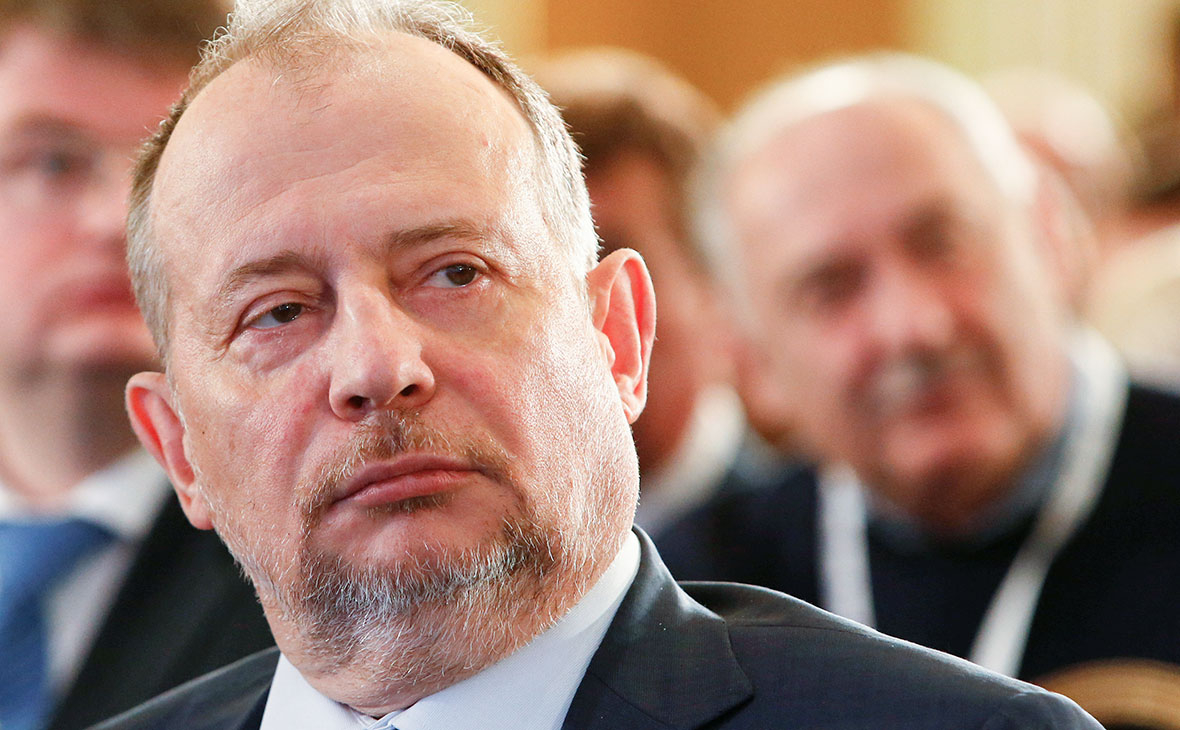Billionaire Lisin will oppose the introduction of fees for unused energy for businesses
Vladimir Lisin, a member of the Forbes list, does not agree with the initiative of the Ministry of Energy that proposes to make businesses pay for unused power generating capacity, RBC’s sources said.
Clarification. The original version of the headline and subheading referred to Alexander Dyukov, chairman of the Gazprom Neft board. The information was contained in the RBC publication, which referred to anonymous sources. A spokesman for Dyukov told Forbes that the company head was not scheduled to take part in the meeting referred to in RBC’s text.
Vladimir Lisin, the majority owner of Novolipetsk Steel (NLMK), intends to oppose the initiative of the Ministry of Energy which proposes to charge the industry for the unused reserve of grid capacity. This was reported to RBC by two sources close to the participants of the meeting.
The issue will be considered on Wednesday at a meeting with Deputy Prime Minister Dmitry Kozak, RBC points out. Kozak’s representative Ilya Dzhus confirmed the meeting but refused to comment on its agenda. RBC sources say that in addition to Lisin the meeting will be attended by representatives of Rosneft, Russian Railways and UC Rusal, as well as the Ministry of Energy, the Ministry of Industry and Trade, the Ministry of Construction, the Federal Antimonopoly Service and several business associations. RBC also mentions Gazprom Neft Chairman Alexander Dyukov among the participants in the meeting, but Dyukov’s representative told Forbes that the company’s head was not scheduled to participate in the meeting.
The Ministry of Energy is proposing to introduce fees for consumers for unused reserve power capacity starting July 1, 2020. According to the draft decree, all industrial power consumers will have to pay power grids for the unused reserve if they used less than 60% of the connected capacity. The ministry wants to encourage consumers to give up unused capacity in order to optimize investment and operating costs, a representative of the Ministry of Energy explained to RBC. According to him, this approach will result in lower tariff burden on electricity consumers.
Businessmen consider two conditions in the initiative of the Ministry of Energy to be discriminatory, RBC’s sources said. These are payments for the reserve, which companies are obliged to maintain due to regulatory reliability requirements, as well as payments for electricity transmission services generated at the consumers’ own generation facilities. If the electricity from the facilities is transmitted to the plants through the company’s internal grids, why should the consumers pay Rosseti for the capacity reserve, one of the interlocutors explained. Lisin plans to raise the issue of excluding these provisions from the project, RBC points out.
Such payments “discourage the development of environmentally efficient generation,” agreed a representative of the Russian Union of Industrialists and Entrepreneurs in a conversation with RBC. He called the proposed payment mechanism “unworked”. A representative of the Community of Energy Consumers called the idea of the Ministry of Energy technically and economically unjustified. According to the estimates of the association, the introduction of payment for unused capacity reserves will result in the growth of enterprises’ liabilities to Rosseti from 44 billion rubles to 342 billion rubles a year. According to the estimates of the Ministry of Economic Development, cited by a representative of the Russian Union of Industrialists and Entrepreneurs, the additional payments for industrial consumers will amount to about 100 billion rubles a year.
A representative of Russian Grids told RBC that the company supports the proposal of the Ministry of Energy. “Rosneft and UC Rusal declined to comment on their positions on this issue.
